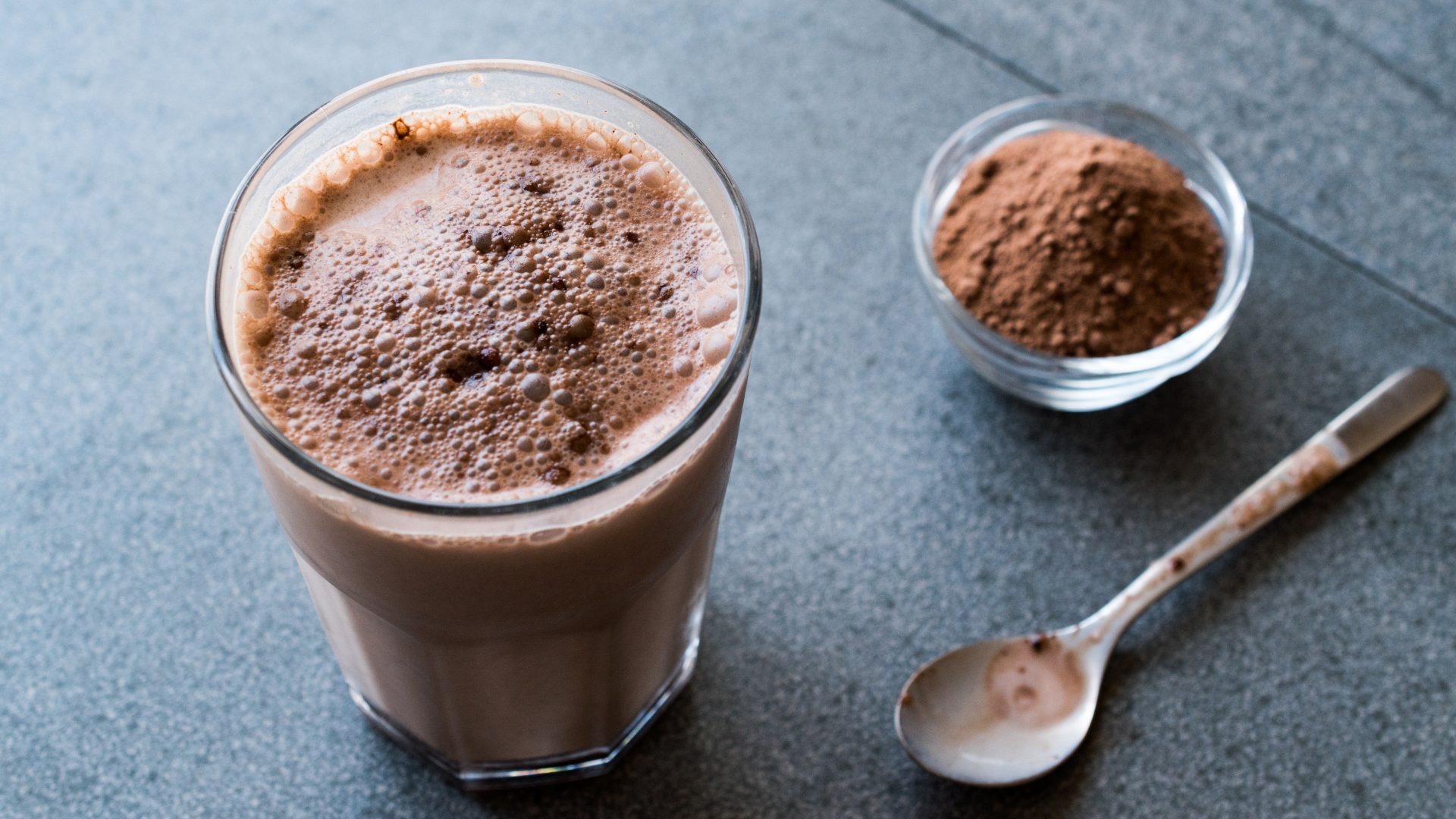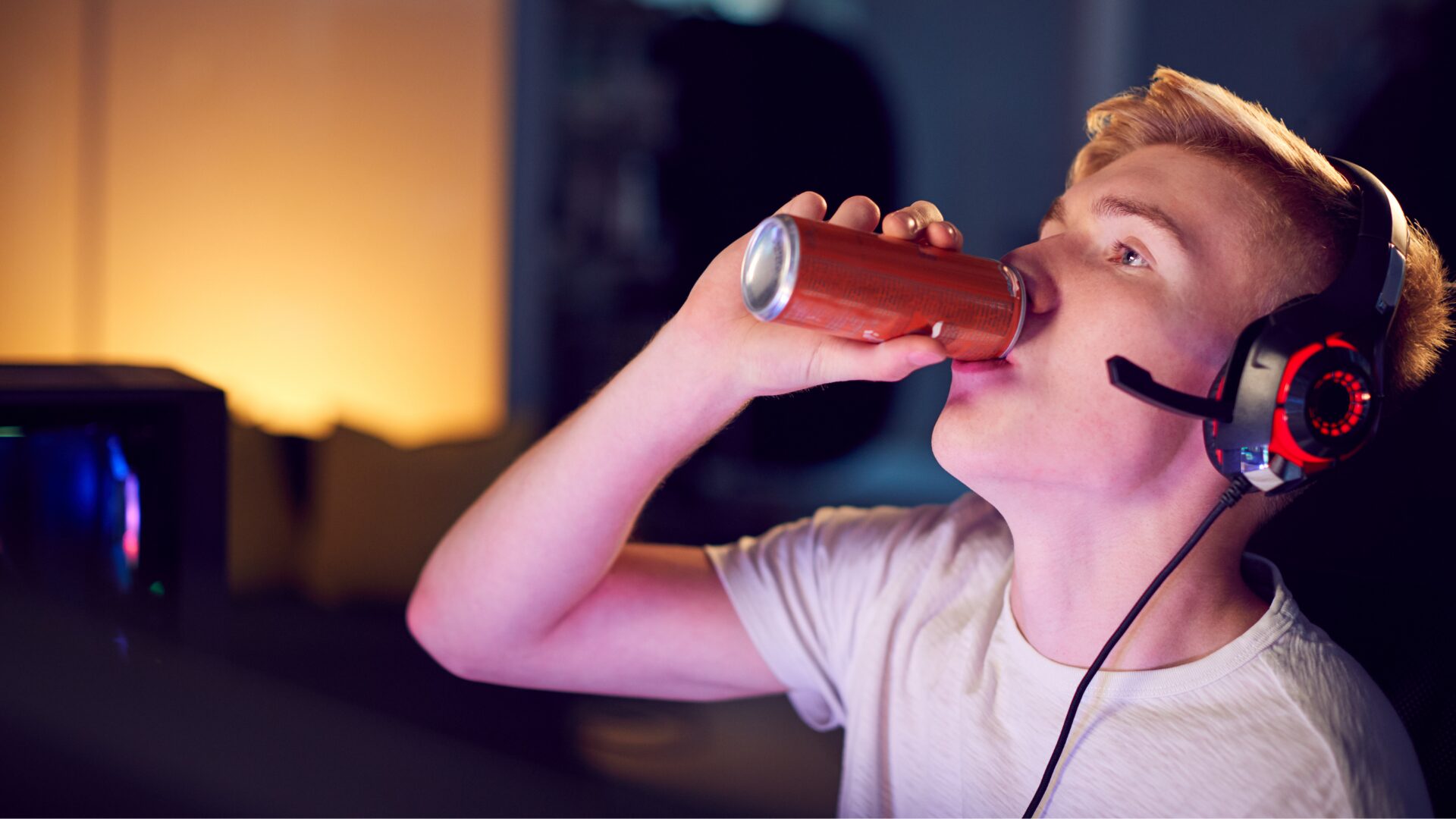Nestlé has recently been strategically updating its portfolio with new deals and acquisitions, as well as new areas of focus.
In early June, the company revealed it was selling the North American business of its Buitoni pasta brand to private equity firm Brynwood Partners. One source claims the deal values the Buitoni North American business at $115 million, reported Reuters (June 8).
“The sale of Nestlé’s Buitoni pasta business in North America is the latest in a series of disposals made by the Swiss food giant—and will likely be followed by more comings and goings at the world’s largest food maker,” said GlobalData food editor Dean Best.
“It’s coming up to four years since Nestlé announced the appointment of Mark Schneider as CEO and his time at the helm has been characterized by a step-up in efforts to reshape the business through acquisitions and divestments,” Best noted.
Shortly after the Buitoni announcement, Nestlé Health Science (NHSc) agreed to acquire a majority stake in Vital Proteins.
“This is an exciting opportunity for Nestlé Health Science to enter a growing area of nutrition with a successful brand,” said Greg Behar, CEO of NHSc. The Vital Proteins addition complements NHSc’s other vitamin, mineral, supplement, and wellness brands, including Atrium Innovations, Garden of Life, Pure Encapsulations, and Persona.
Vital Proteins will continue to operate as a standalone business, but as part of the NHSc portfolio, it will be equipped with a variety of resources to scale its reach and innovation. Vital Proteins already has 150 SKUs across 35,000 retail doors in North America and Europe, including Whole Foods, Costco, Target, Walgreens, and Kroger.
“The move for Vital Proteins—which has collagen-enhanced snack bars among its products—is also part of Nestlé’s efforts to move more of its business in the general direction of health and wellness,” said Best. “That’s not to say Nestlé sees no room in its business strategy for indulgence. Even after offloading its slow-growth U.S. confectionery business in 2018 (as well as making confectionery disposals in other markets), the company has, for example, kept its global KitKat chocolate brand.”
Nestlé is also pursuing a new strategic direction for its Waters business by sharpening its focus on international, premium mineral, and functional brands.
The company board confirmed intent to explore strategic acquisitions to grow in this category, while pledging to make its entire global water portfolio carbon neutral and replenish associated watersheds by 2025.
“The creation of a more focused business enables us to more aggressively pursue emerging consumer trends, such as functional water, while doubling down on our sustainability agenda,” said Mark Schneider, Nestlé CEO. “This strategy offers the best opportunity for long-term profitable growth in the category, while appealing to environmentally and health-conscious consumers.”
At the same time, the company is exploring options for parts of its North American business. The Nestlé board concluded that its regional spring water brands, purified water business, and beverage delivery service at its Nestlé Waters North America unit lie outside of this focus, and has decided to explore strategic options, including a potential sale.
“The overall trend of the largest players in packaged food—including Nestlé—stepping up moves to sell off assets deemed to not offer the best growth prospects will continue,” predicted Best.
Additionally, in April, Schneider mentioned Nestlé was “working on a number of interesting leads” when it comes to adding to the business through M&A.









